
Readers say thumbs up to Adams Outdoor CEO Kevin Gleason’s post that we should call our out of home inventory assets, bulletins, posters and digitals – but not boards.
Steve McNeeley of Tantara Capital says: “Spot on Kevin…you are what you say you are. When I became CEO of what was then Patrick Media Group, I had the exact same obsession. Everyone kept saying “Patrick Billboard Company.” To which I would reply, “no, we are an out of home MEDIA company…we are more than just bulletins and posters.”I never fired anyone on the spot like Bob, but those that could not relate to the larger vision didn’t last long. We did start “fining” people for calling Patrick a “billboard” company…and fining also for referring the operations people as the “guys outback.” We donated the proceeds to charity. Yep,#16…”
Jim Kuhn, Selective Structures: “Agree. I was at that meeting with Warren Hilton of Outdoor Displays. Our assets are by far higher and better than any other.”
Raymond says: “Absolutely. Our assets mean a lot to us. It should be called and named accordingly.”
An anonymous post: “I agree 100%! We need to eliminate ‘static’ too. That implies that other mediums are dynamic. A bulletin is a bulletin. A digital bulletin is a digital bulletin. Also ‘unit.’ Get rid of them all!”
Another anonymous post: “And sign too. Just stop. It’s a display or a bulletin, poster, whatever.”
Andrea Henley suggested “When can we stop calling radio, Tv, Out of Home and Print, traditional media? How about online and offline media. We all have digital capabilities and all media is social. With all the advancements media has made, the word “traditional” sets us back and still holds us back to some degree. Just my thoughts.”
Rob K writes: “Brilliant. Thank you.”
Grey Vick, Grey Outdoor, told Insider we “were fired” for using board in our original post. 🙂
One reader takes a dissenting view: “For the businesses using out of home strategies, it is semantics. The largest market for “assets” is the +80% businesses who recognize “board, billboard, sign, space”. Speaking the language of the audience is understandable.”
[wpforms id=”9787″]
Paid Advertisement
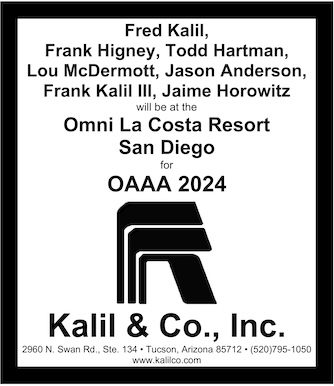



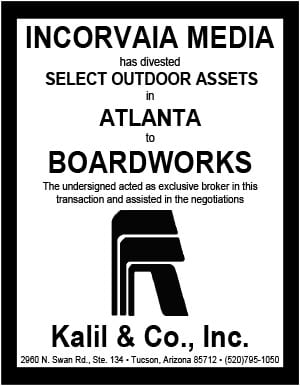



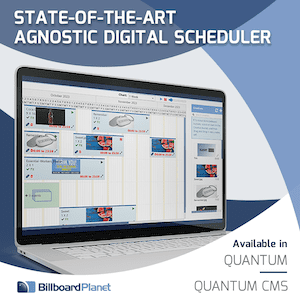

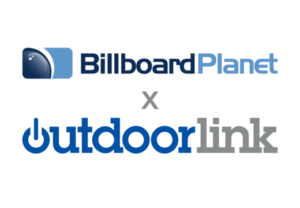
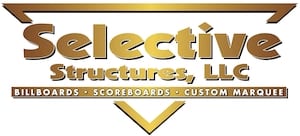
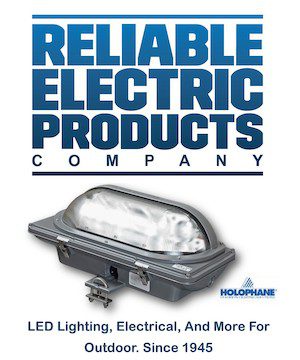



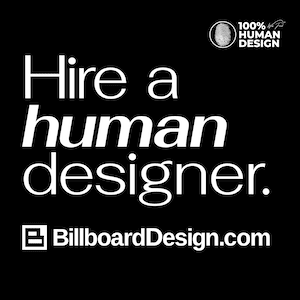

I see both sides. Its very meaning to recognize the importance of words as shaping understanding and value. But in the words of David Olgivy, “Use the vernacular of your audiences.” When a client in rural America refers to a “sign” or a “board” and is prepared to buy, I believe in meeting a person where they are. Why is “poster” still okay, though, when paper is essentially a thing of the past. We have always had an issue with our verbiage.
Having degrees in both Philosophy and English, I have thought about all of this a lot.
Communication is about understanding. Its about connecting. It’s about feelings. And it’s about trust more than anything. There are plenty of grammarians who hate it when words like “selfie” become part of our lexicon and get into Webster’s dictionary. The English language is forever evolving and adapting.
“Board” is short for “Billboard.” Billboard has historical meaning like a billion other words and it’s what people call us. And they’re going to continue to do so. I don’t need to immediately correct the person in the room who mispronounces my last name when he or she refers to me. What I care about is that we’re talking and understanding one another. OOH is broader than billboards. This is a clear difference and for those that care and want to understand, it’s important to go there and educate them.
It’s also HIGHLY valuable to pay close attention to what we call ourselves and position ourselves wisely with great terminology that establishes ourselves as progressive.
However,
What is lost in the story was Kevin’s view that Naegele’s actions were “justifiable”…especially in front of his team. Great ideas, positive morale, and exceptional performance are built through leadership that is passionate about their products and corporate mission AND values their employees. Employees need to feel they are part of something greater and that management values them and their contribution. If you believe in your employees, they will strive to please the goals of management and appreciate a positive work environment.
Please only post this as anonymous.